Publications
search by
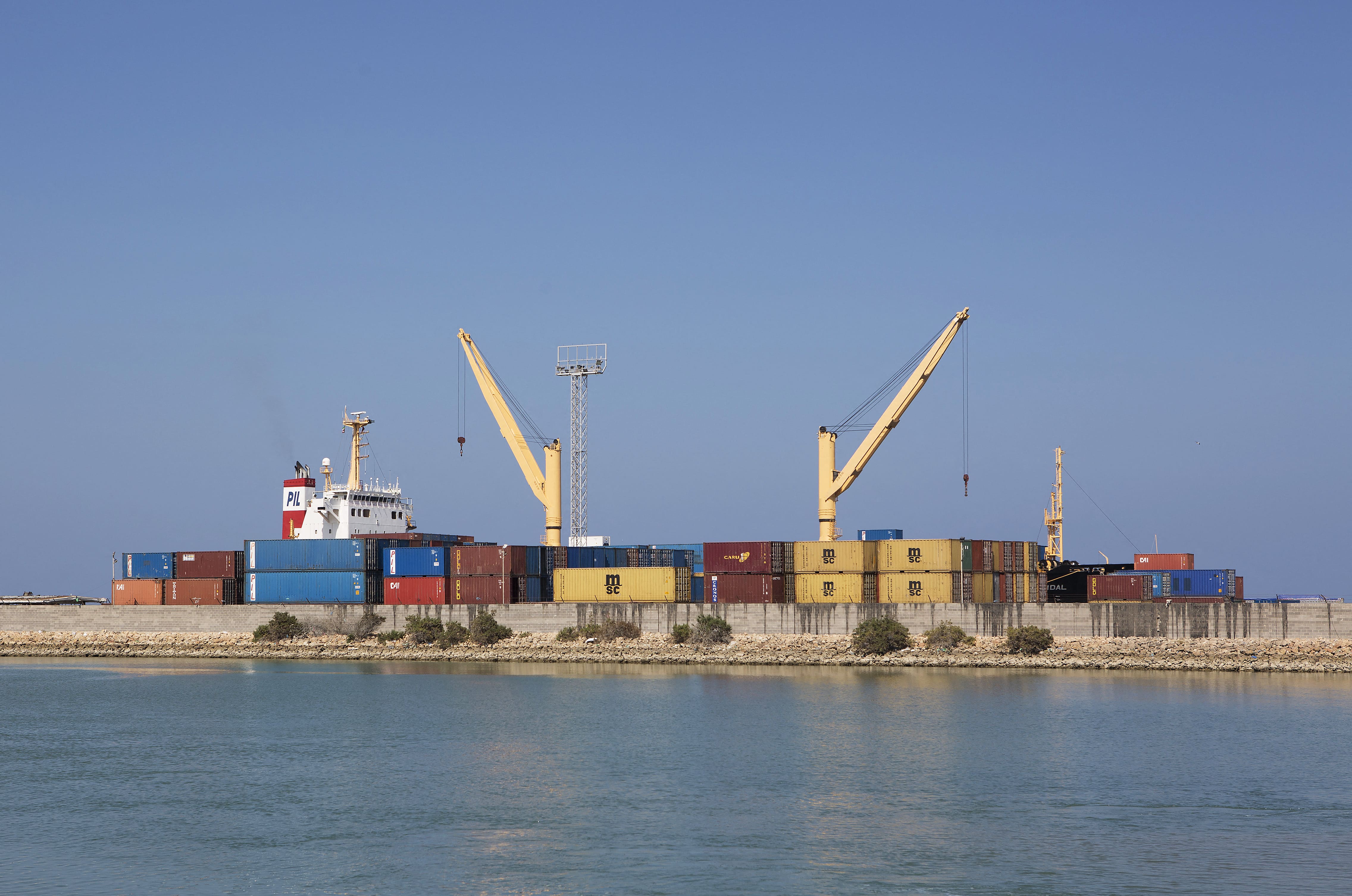
This issue brief analyzes the rationale behind Abiy’s renewed quest for a seaport in light of the struggle for control of the Red Sea, domestic factors, and the shifting geopolitics of the region, exploring how the standoff could be mitigated or resolved.
learn more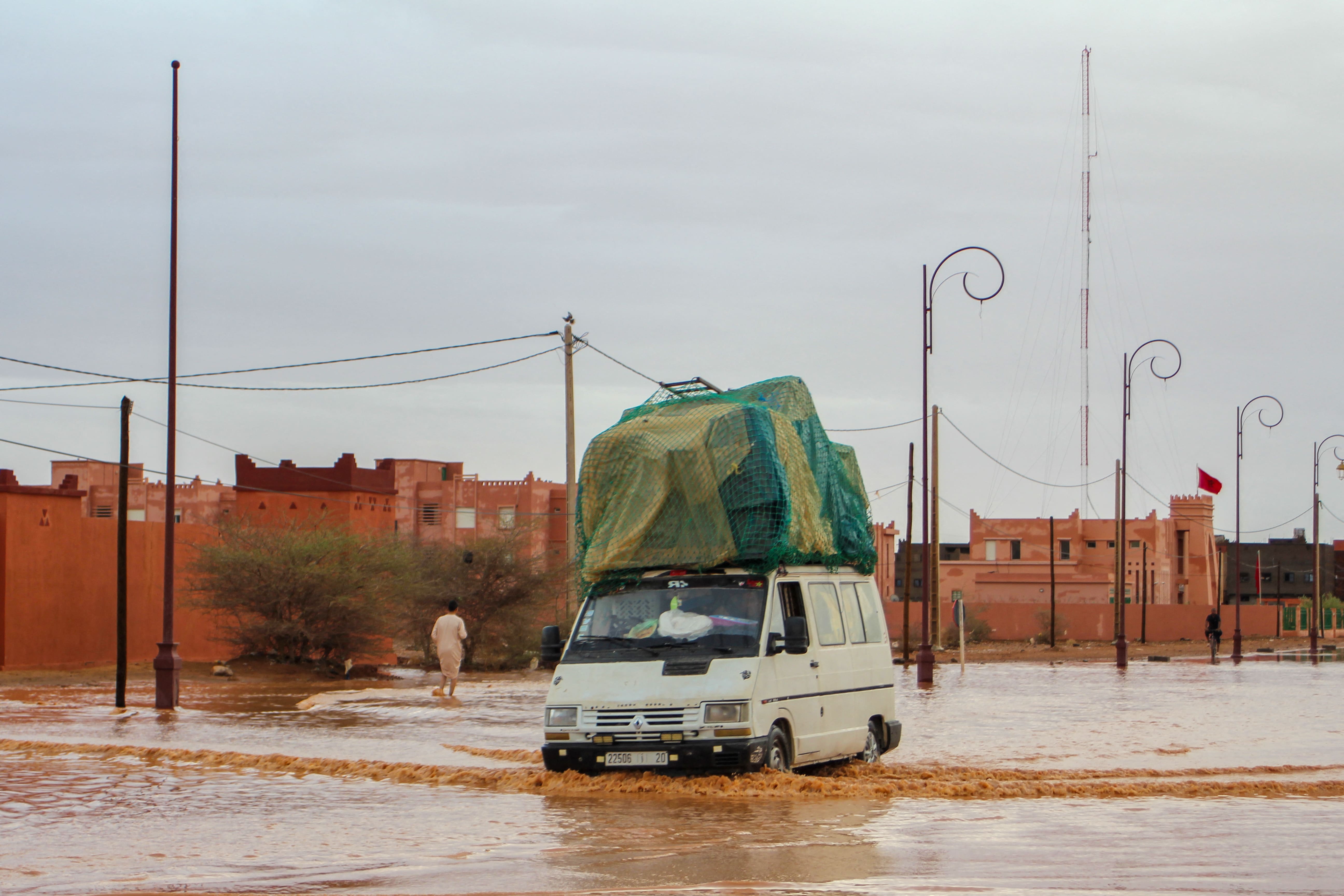
We present the climate policy uncertainty tracker (CPUT). Developed using news media analysis, this index serves as a barometer for measuring the uncertainty surrounding climate policies.
learn more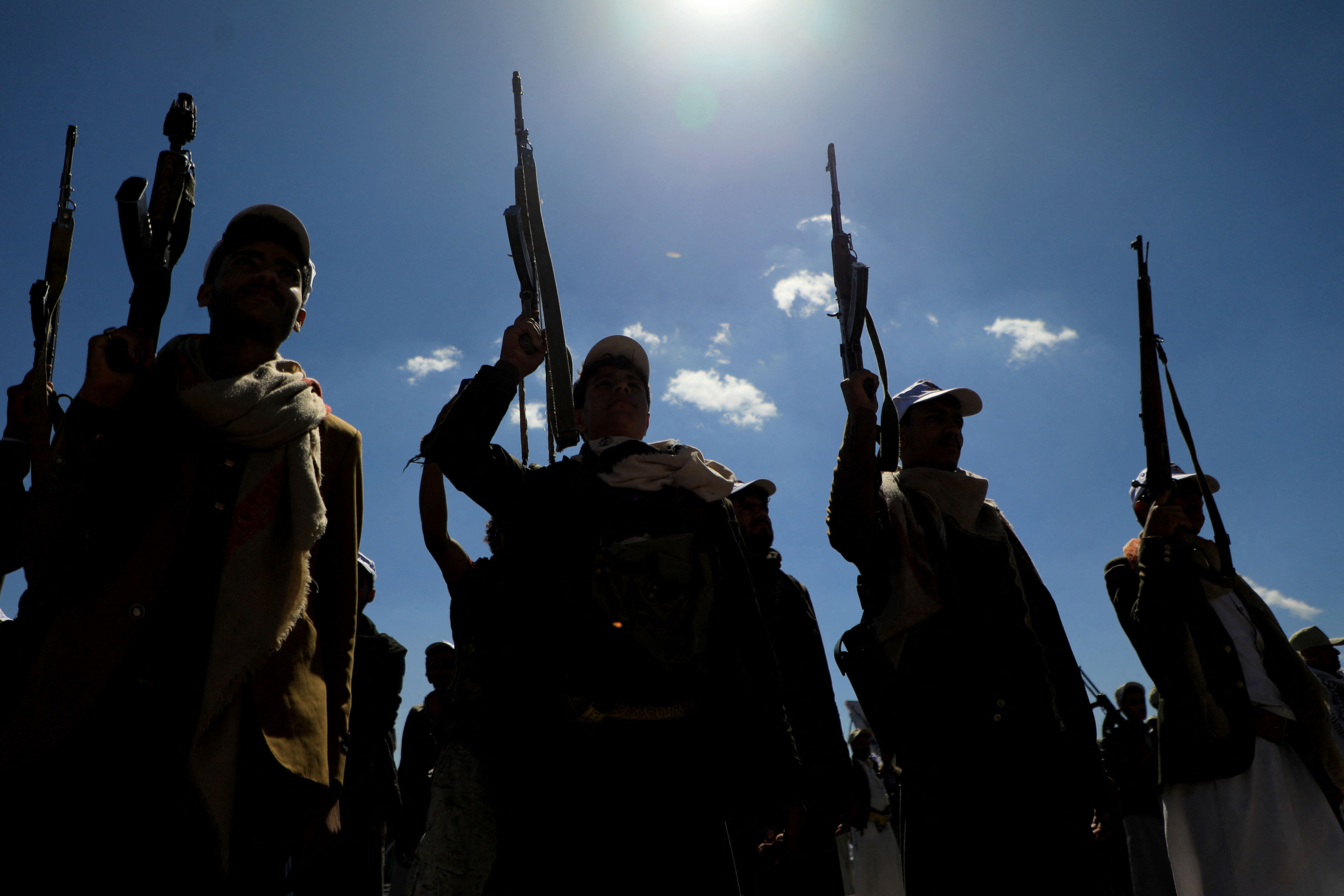
This issue brief examines the underlying challenges facing peacebuilding processes in the Middle East and the limitations of excluding non-state actors in these processes. This issue brief examines the underlying challenges facing peacebuilding processes in the Middle East and the limitations of excluding non-state actors in these processes.
learn more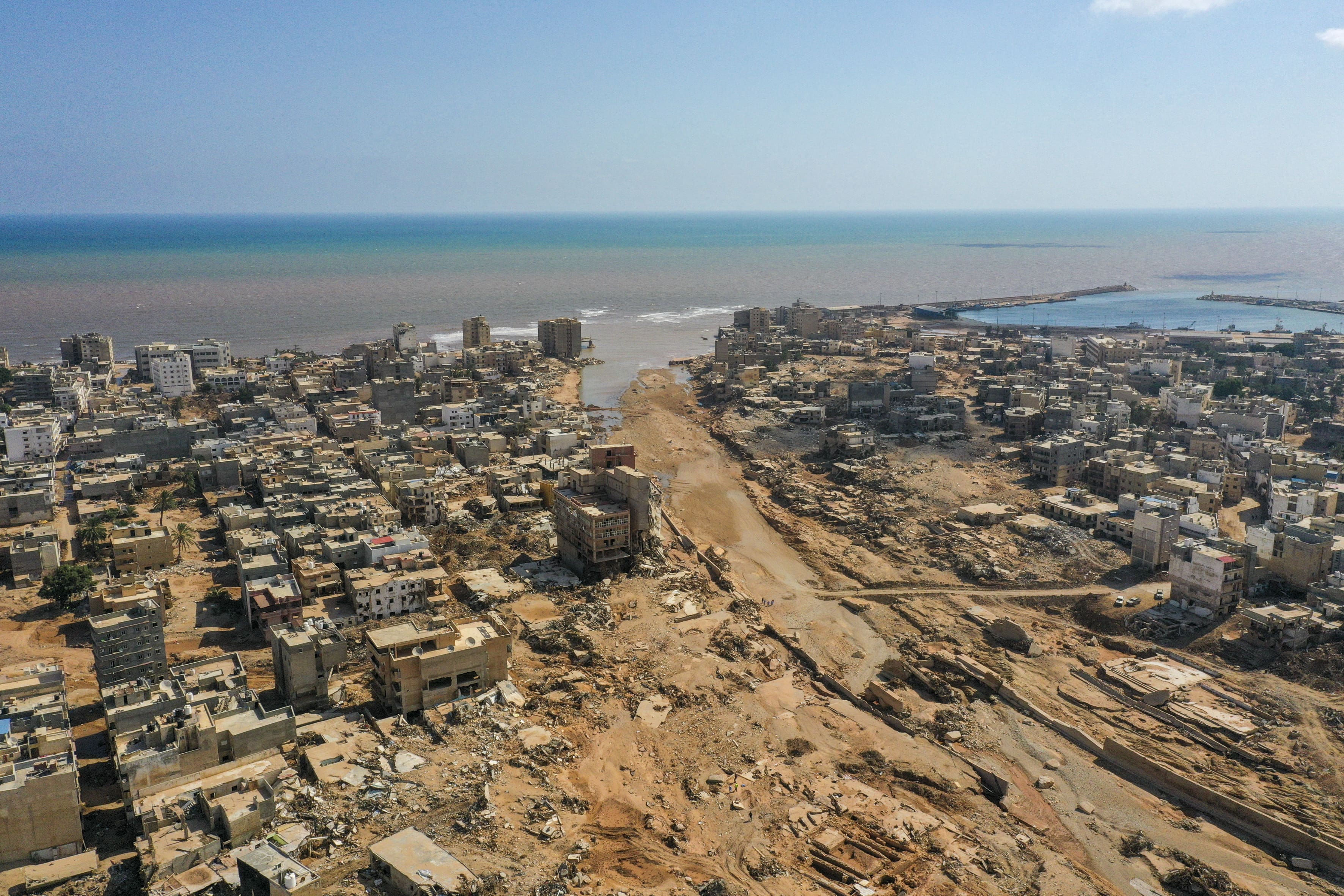
A devastating flood hit the Libyan city of Derna on September 10 and 11, 2023. It resulted from the collapse of two dams after heavy rainfall pounded the eastern coastline of Libya due to Storm Daniel’s passage through the Mediterranean.
learn more
The institution of the military is experiencing a resurgence around the globe. Citizens are placing higher levels of trust in the armed forces—even in regions with a history of military interference or domination. In the Middle East and North Africa (MENA) region, where military elites hold a great deal of political and economic power, around 70% of surveyed citizens in 2021-2022 expressed significant trust in the armed forces. This surpasses the levels of trust accorded to elected officials, civil society, and the news media.
learn more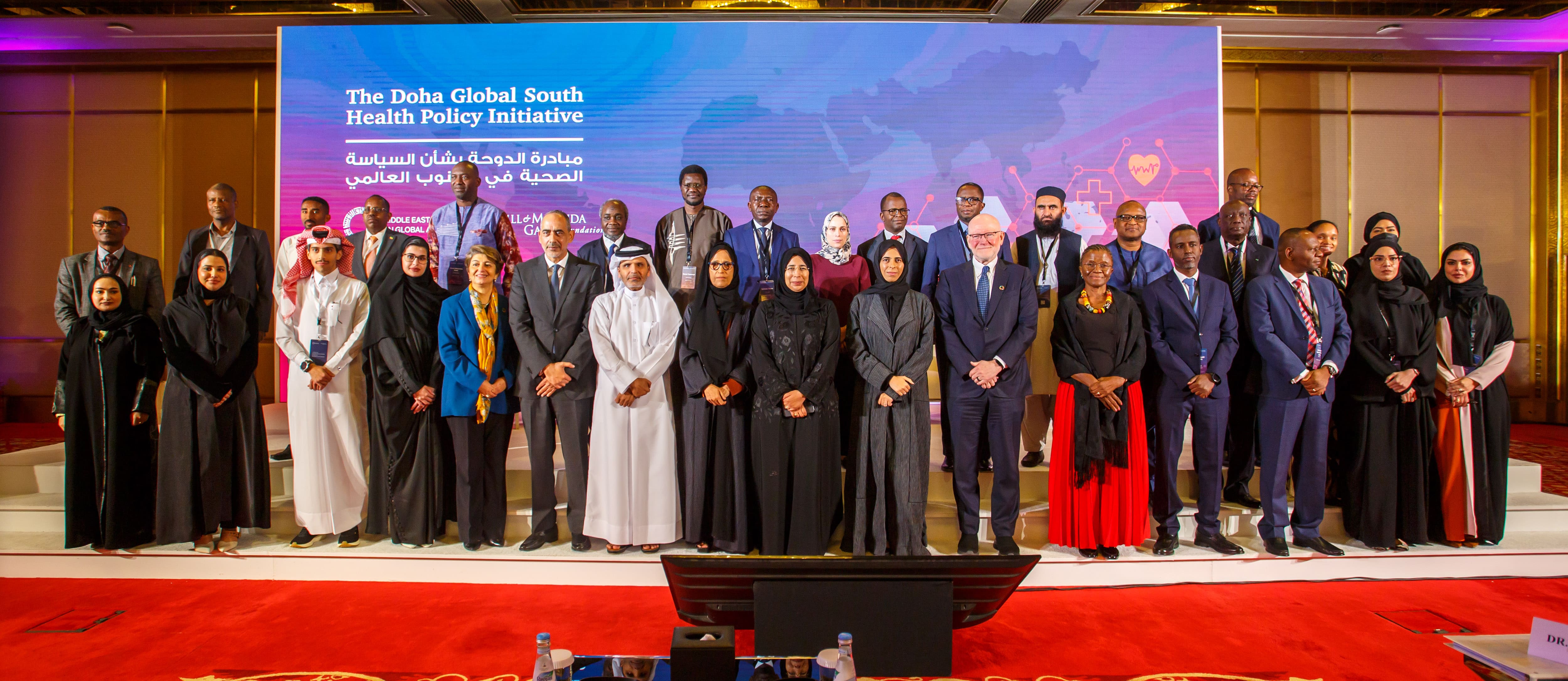
The first convening of the Doha Global South Health Policy Initiative was organized between February 19-20, 2024, to help define a strategy with participants from Global South countries.
learn more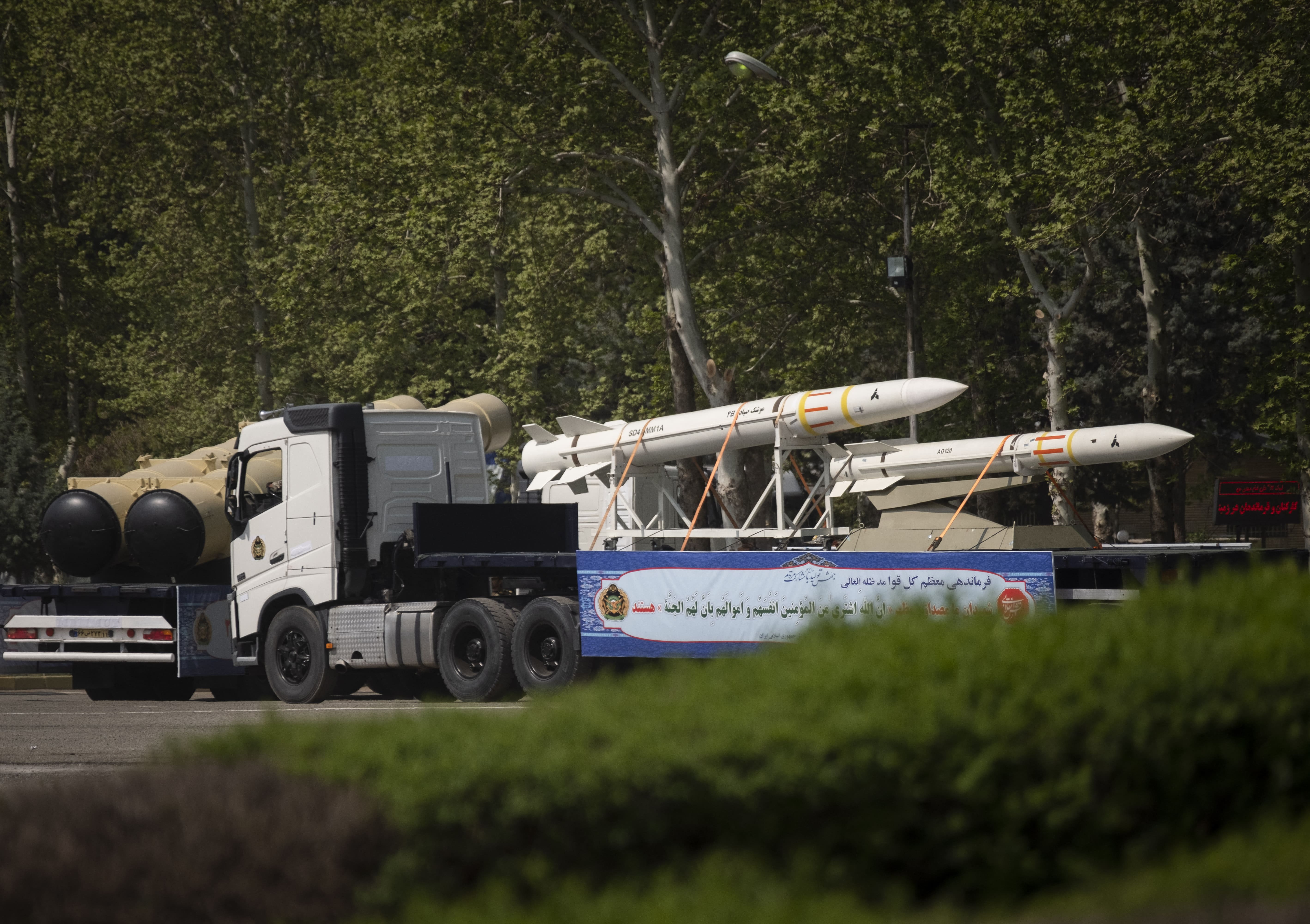
For decades, Iran has pursued a revisionist foreign policy premised on rejecting the U.S. led international order. Iranian foreign policy discourse has been underpinned by calls for a just system and opposition to the status quo.
learn more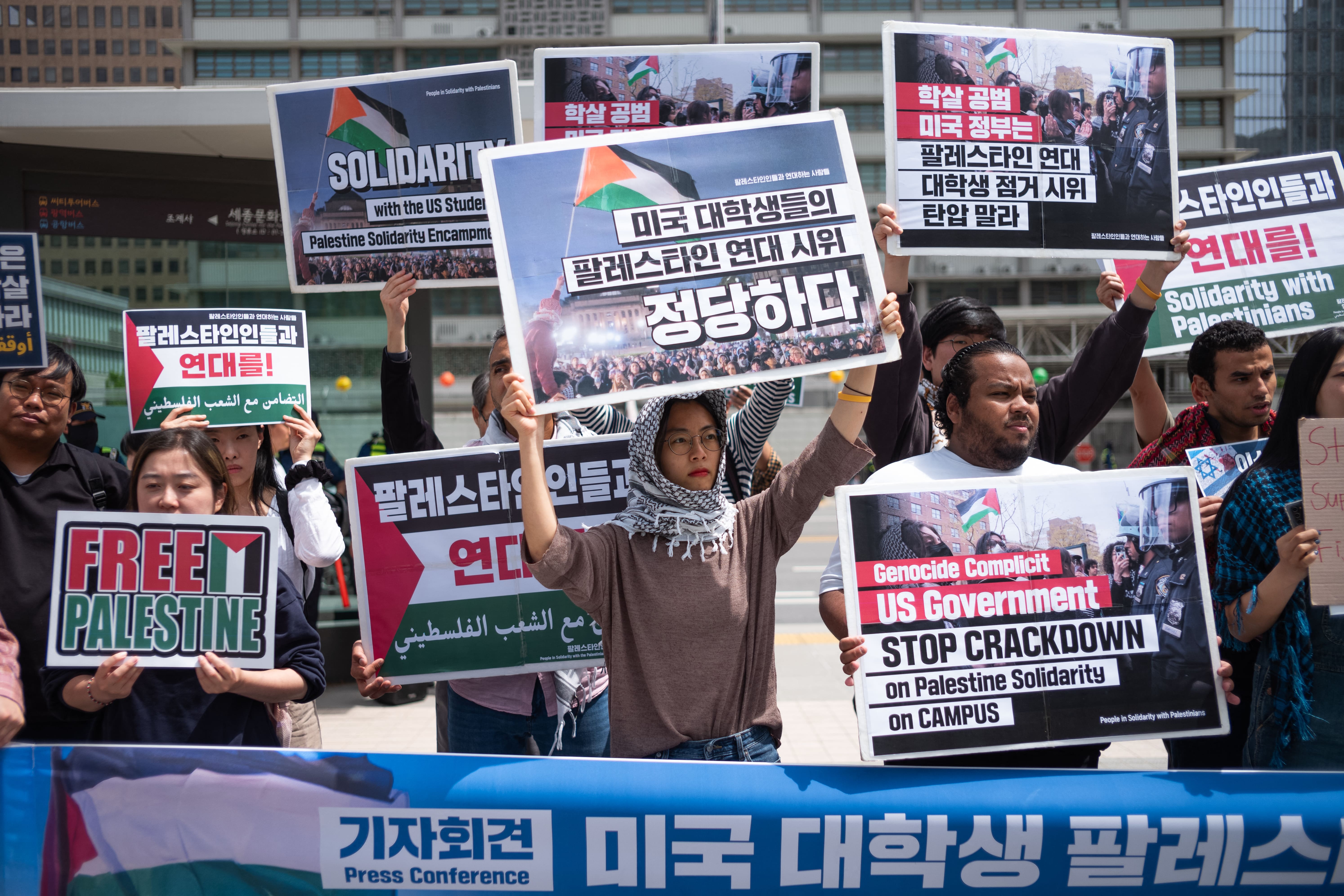
Israel’s devastating assault on Gaza, which continues with impunity, highlights the impotence of multiple United Nations (UN) resolutions and current cases at the International Criminal Court (ICC) and International Court of Justice (ICJ).
learn more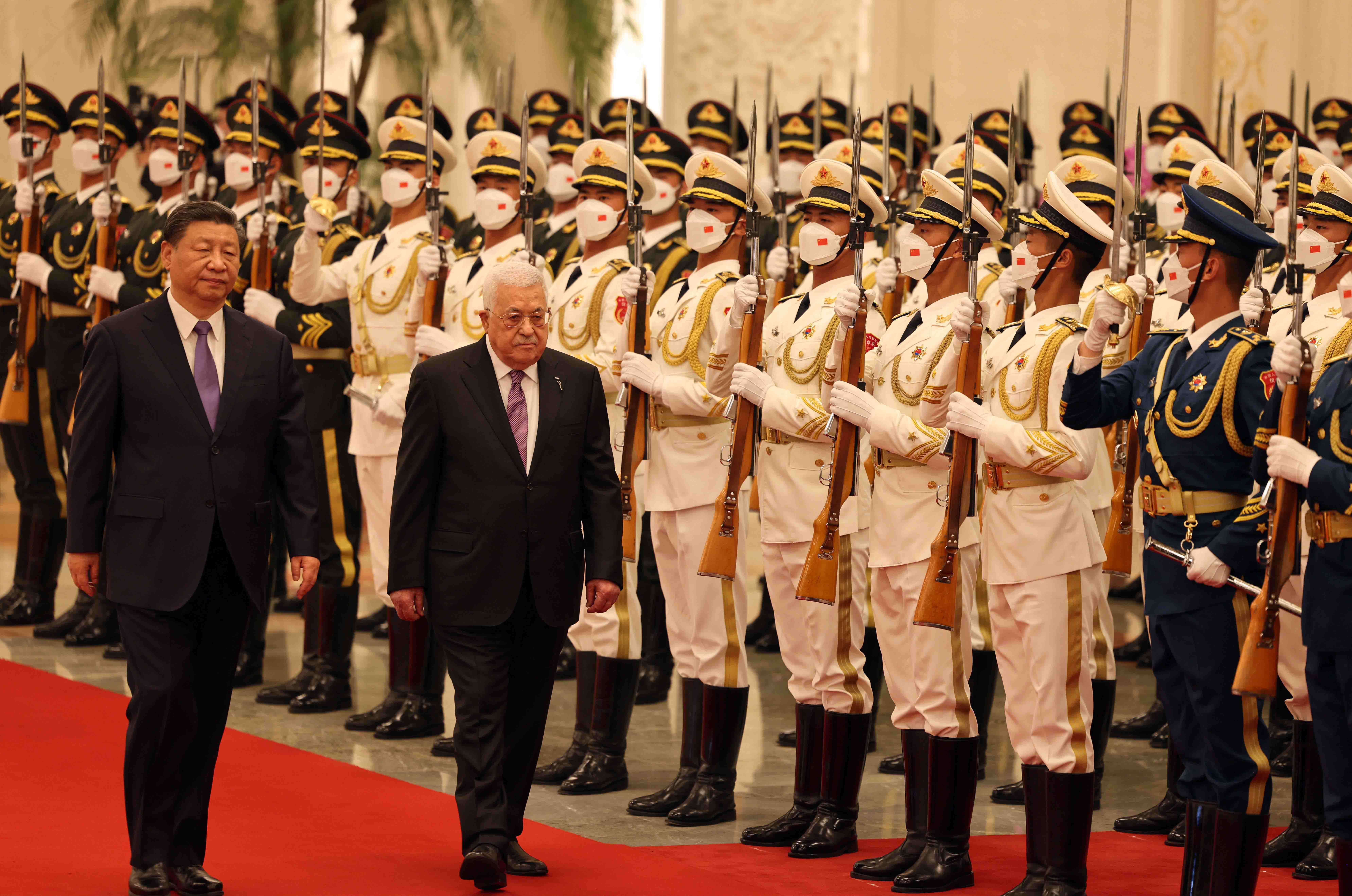
Since October 7, 2023, China has responded to the unfolding crisis in the Middle East by supporting multilateral efforts to bring an immediate end to the violence in Gaza and contain a wider regional conflagration.
learn moreThis issue brief investigates the rapid development of AI in the Gulf amid the intensifying U.S.-China tech war.
learn more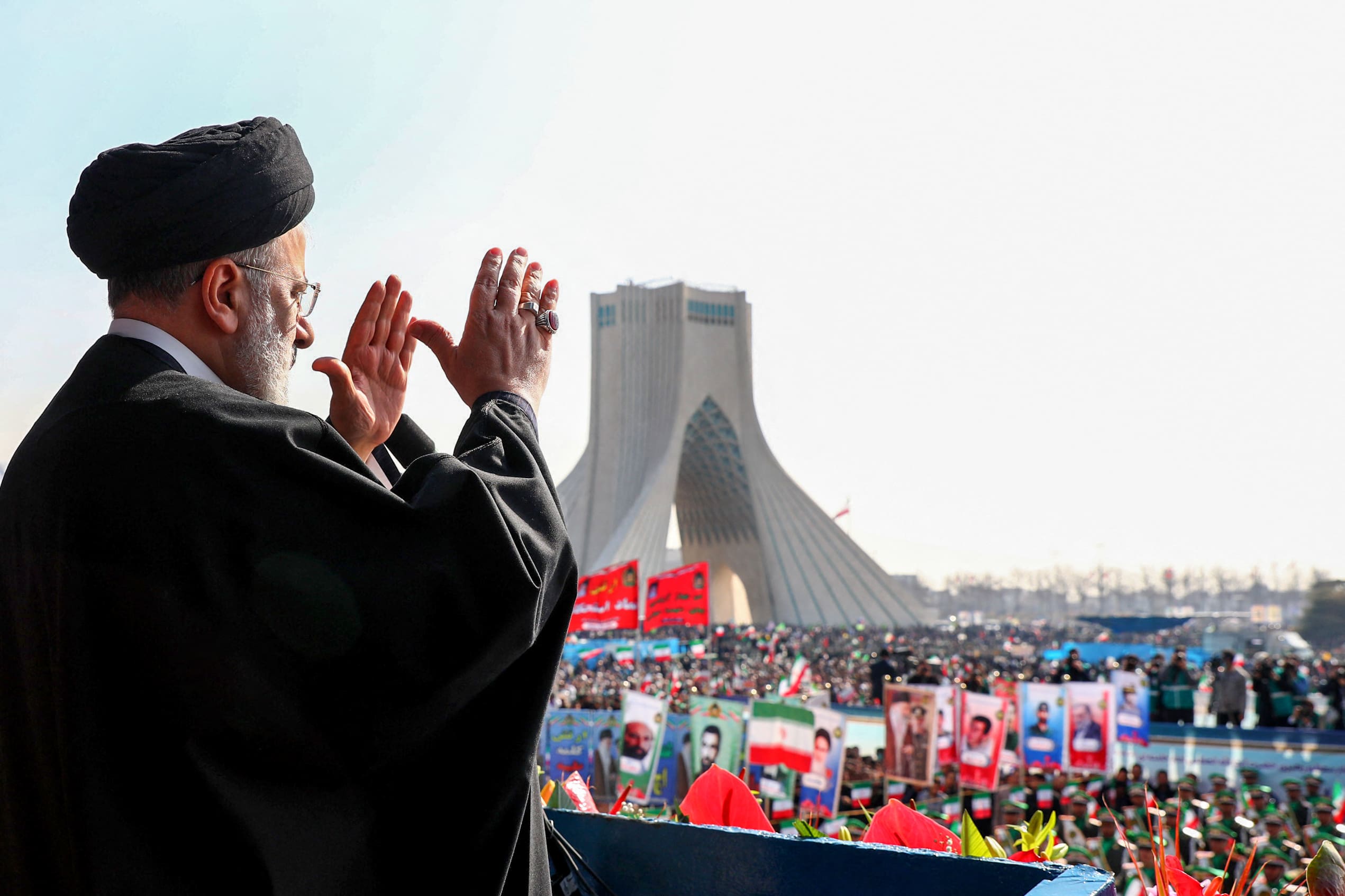
This issue brief aims to explore the transformation of Iran’s foreign policy decision-making process and structure in the past three years, highlighting the impact of growing power centralization, anti-Westernism, militarization, and authoritarianism in Iran.
learn more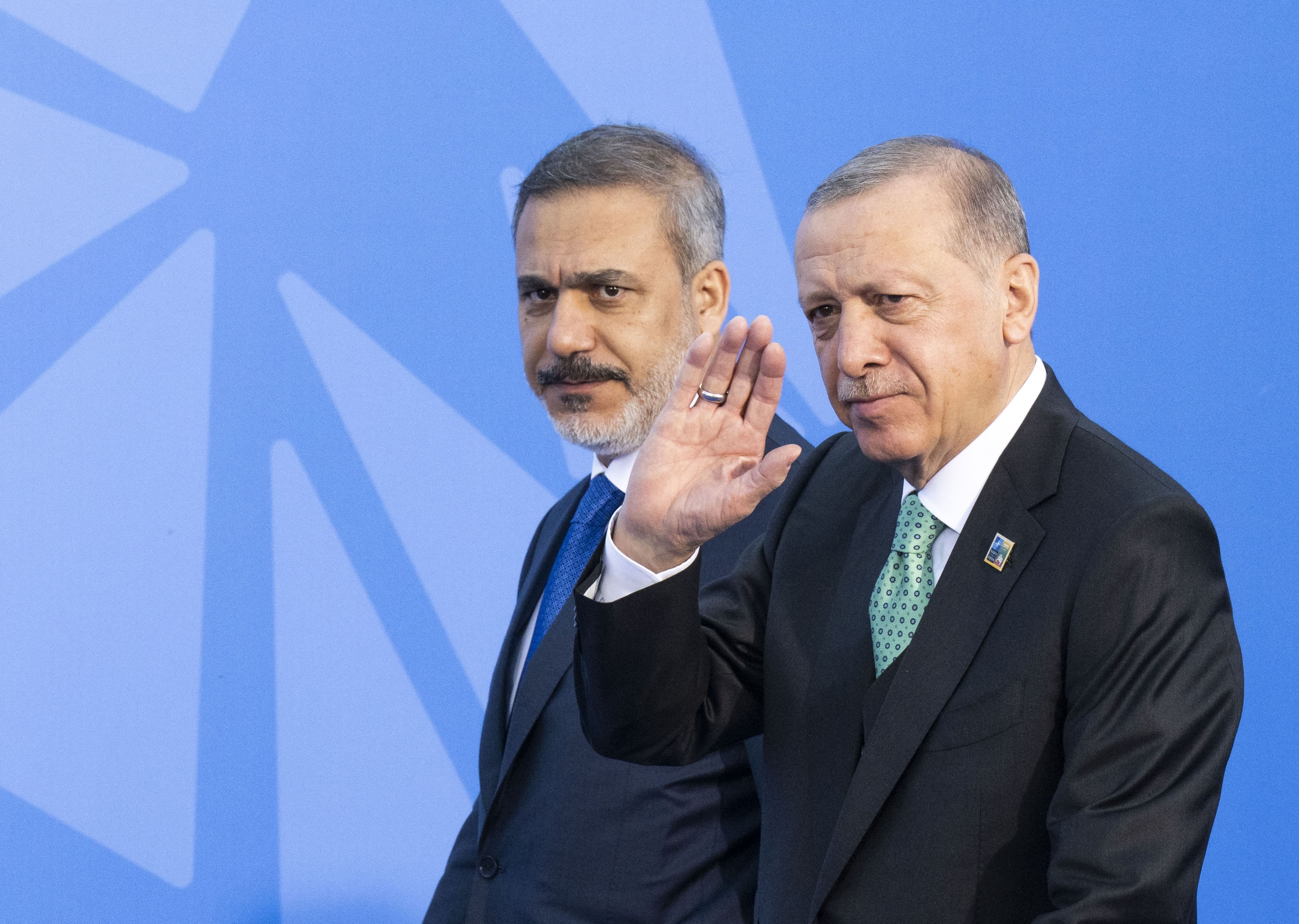
This issue brief argues that Türkiye’s quest for autonomy and status in international affairs, which has long characterized its foreign policy, is set to continue amidst these shifting dynamics.
learn more

